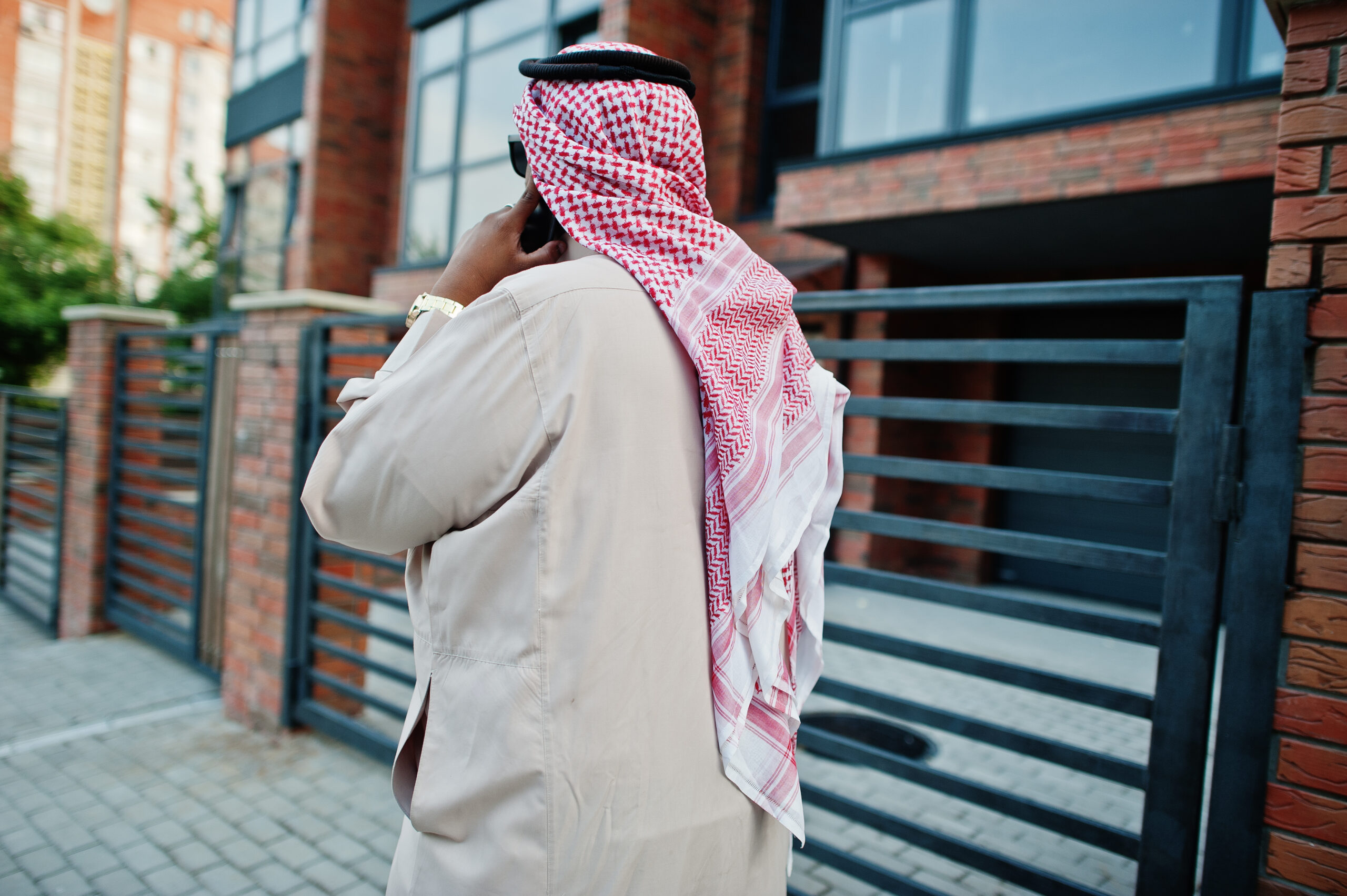The UAE has introduced a policy that limits the use of the Emirati dialect on media channels strictly to UAE citizens. The move comes in response to growing concerns over the distortion of the Emirati dialect and cultural symbols in various media content, particularly within marketing and entertainment sectors, as reported by Khaleej Times.
What prompted the policy change?
During a recent session of the Federal National Council (FNC), member Naema Al Sharhan raised the issue, stating that the country’s cultural identity is at risk due to superficial and inaccurate representations of its dialect and traditions. The increasing use of Emirati culture in commercial products and media has led to misrepresentation, prompting a call for corrective action.
What exactly does the policy say?
According to Abdulla bin Mohammed bin Butti Al Hamed, Chairman of the National Media Office and the UAE Media Council, the policy, introduced around three months ago, prohibits anyone from speaking in the Emirati dialect on media platforms unless they are Emirati and wearing the national attire. This is intended to maintain the authenticity and respect for Emirati identity.
Have there been violations of the new rule?
Yes. Authorities have already recorded multiple violations, although the exact penalties for these were not disclosed. Officials stress that action is being taken to uphold the country’s image and cultural integrity.
Why is this policy important?
The policy aims to preserve the heritage, language, and identity of the UAE, especially in a time of rapid globalization and evolving media trends. “It saddens us to see our identity or language being conveyed inaccurately,” said Al Sharhan, adding that the proper use of language and cultural symbols is essential for protecting historical and social values.
How does this fit into the broader media strategy?
With traditional media seeing a drop in readership, new media platforms and content creators are increasingly shaping public perception. Al Hamed acknowledged this shift, stating that today’s media is largely centered around content creation. Therefore, stricter guidelines are essential to ensure cultural integrity is maintained, especially on platforms with wide reach and influence.
What does this mean for expats or non-citizens?
While expatriates can still engage in Arabic and other forms of media communication, they are no longer permitted to use the Emirati dialect in public media contexts. This includes speaking about projects or hosting shows in the dialect unless they meet the citizenship and attire criteria outlined in the policy.





